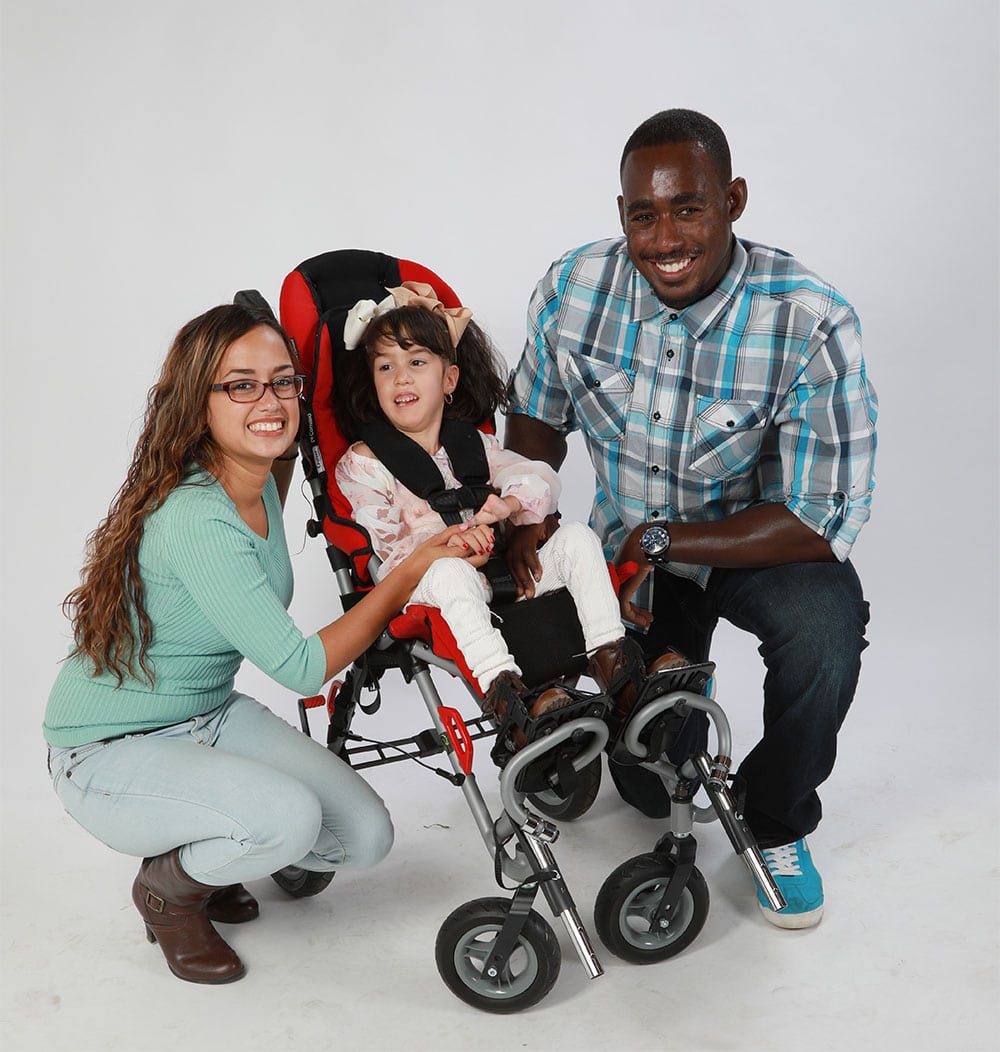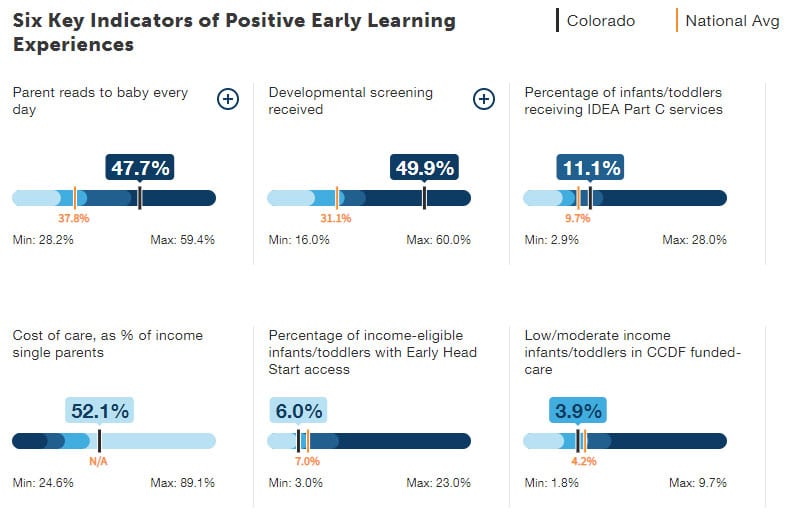Solace Blog
- Activities19
- Autism & Behavioral4
- Community154
- Early Intervention71
- Events & Giving Back20
- Extraordinary Kids22
- Family Caregiver4
- Home Care Therapy60
- News93
- Parent Articles83
- Patient Testimonial21
- Pediatric Therapy76
- Pediatric Therapy Career46
- Private Duty Nursing1
- School-Based Services1
- Telehealth Therapy27
- Tips & Advice66
Sensory Activities For Kids

From School To Home: Christian’s Shift To Impactful Therapy
Speak, Listen, Connect: 6 Communication Strategies for Therapists
Your 5-Minute Mindfulness Break: 5 Simple Ways to Recharge Between Therapy Sessions
The Transformative Power of Occupational Therapy: Peter Leypold’s Journey

Six Key Indicators of Positive Early Learning Experiences
In order to ensure a strong start in life, babies need good health, strong support and positive learning experiences to foster their healthy brain development and help them realize their full potential.
Infants and toddlers learn through play, active exploration of their environment, and through interactions with the significant adults in their lives. The quality of early learning experiences at home and in other care settings has a lasting impact on their preparedness for life-long learning and success.
The graph below illustrates the six key indicators of positive early learning experiences. As you can see, many parents in Colorado read to their babies and receive developmental screening, but it significantly drops in other areas.
In order for a child to qualify for the state funded Colorado state early intervention program, they must be showing a 33% delay or greater in one or more of the five developmental areas (physical, communication, adaptive, social/emotional, cognitive). If approved, the state EI program refers children to pediatric therapy companies to provide therapy. Unfortunately, with the new state guidelines that were issued in June 2020, less than 10% of children recommended will qualify for therapy to be provided through the state funds. However, if a child does not qualify for State funding; a child may receive early intervention therapy from the same pediatric therapy companies. As therapy is recommended for children with less than 33% deficiency, medicaid and most insurances provide coverage for services.
For example, children with speech-language delays represent 2-19% of the pediatric population. “Given the research on early communication delays, a ‘wait and see’ approach to children, even those with less than a 33% delay, is not recommended. The evidence for early communication delays and future risk of language impairment is clear. 20-30% of late talking toddlers will not ‘outgrow’ or catch up, like some of their other peers with communication delays. These communication delays may result in later challenges with listening, talking, interacting, reading or writing in preschool, elementary, or beyond. In fact, they have an underlying speech or language disorder. For those with communication delays, the earlier the speech therapy intervention, the earlier children will be equipped for their futures,” adds Erin Concialdi, speech-language pathologist at Solace Pediatric Home Healthcare.
At Solace Pediatric Home Healthcare, we support the initiative to educate parents on the importance of a comprehensive evaluation if they have concerns on their child’s development. While all children are unique and develop at different stages, there are recommended developmental milestones reached by specific ages. We provide in-home early intervention therapy to children to support their growth in reaching those milestones. By providing one-on-one individual care in a child’s natural environment, we assist in establishing a strong foundation for future learning. Our mission is to support our families in providing professional clinical evaluations, treatment options, resources and information so they feel empowered to make the best decision for their child and family.

Recommended Screenings
At Solace Pediatric Home Healthcare, we understand that you know your child best. If you have any concerns about the way they play, speak, learn, act, or move, speak with your child’s doctor. Screening your child regularly using standardized, validated tools at the ages of 9, 18, and 24 or 30 months (and for autism at 18 and 24 months – or whenever you or a provider has a concern) is recommended by the American Academy of Pediatrics.
It’s important to discuss any concerns with your child’s doctor at well visits. If either you or a provider believes there might be a delay, reach out to our team and refer your child for an evaluation with a pediatric therapist. If you have concerns, you may also reach out to us directly for an evaluation. When supported by experienced and specialized teams practicing evidence-based techniques, a child will have an individualized plan created to meet their specific needs.
Contact Us
Solace Pediatric Home Healthcare is the leading provider of pediatric occupational, physical, speech, behavior and feeding therapy services in the state of Colorado delivered in the home in-person or through a seamless interactive virtual experience. Our 400+ clinicians are currently providing therapy to 4,000+ children from birth to 21 years in Colorado. Our clinicians are carefully screened and work collaboratively with each family to achieve the greatest outcomes in the most successful environment – the child’s home.
Schedule an Evaluation
Please contact our Patient Advocate Specialists to answer any questions or schedule your evaluations. You can also reach us through our on-line referral form or you may reach our team during business hours by phone at: (Denver) 303.432.8487; (Colorado Springs) 719.623.5463; (Northern Colorado) 970.775.8476; and (Pueblo) 719.695.4535.
References:
* American Academy of Pediatrics, July 1, 2017 issue. Developmental Delay: When and How to Screen.
* The State of Colorado Babies.
Share this Post